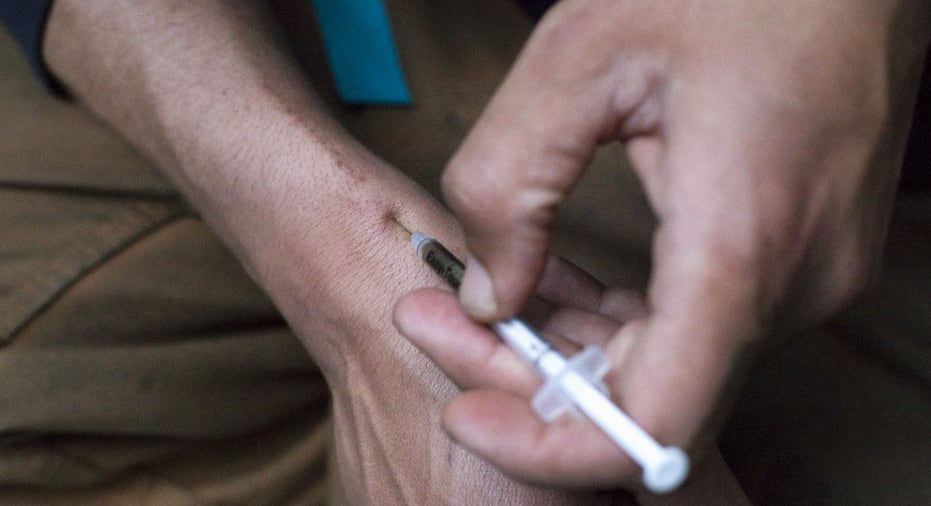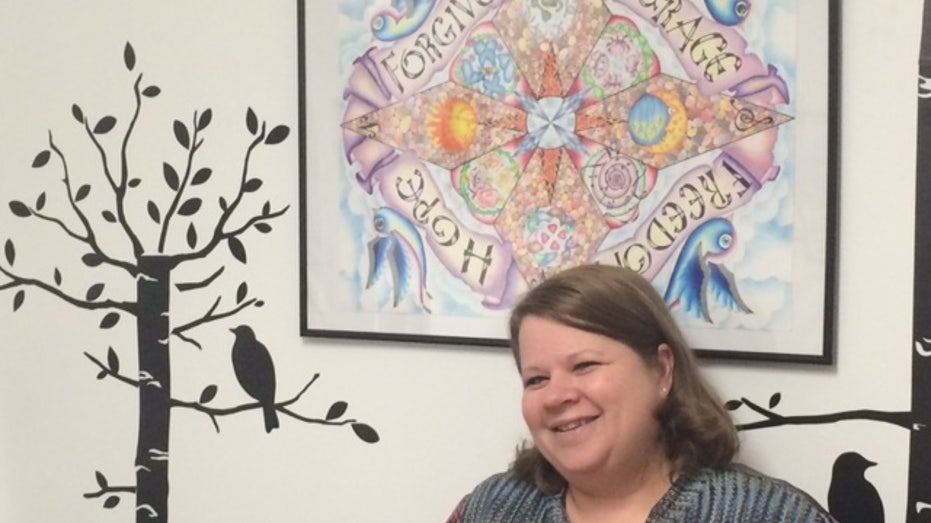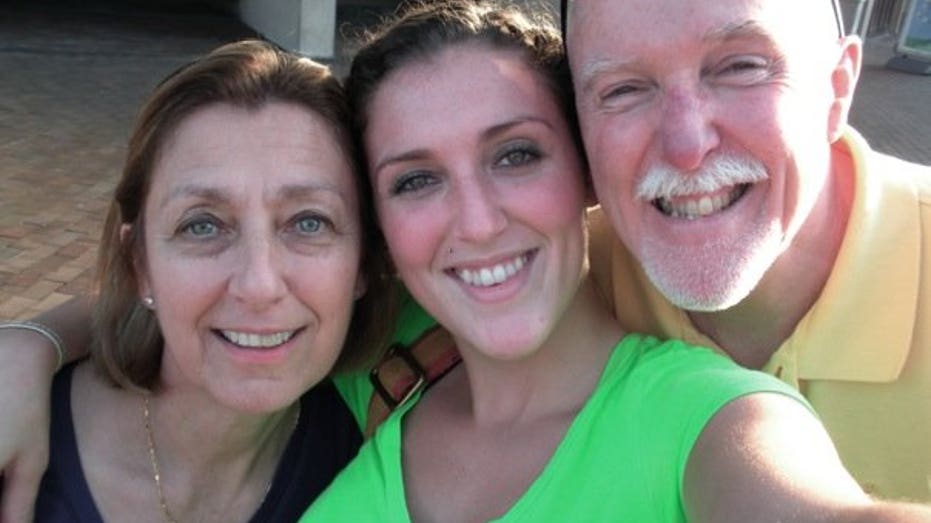Presidential Contenders Tap into New Hampshire's Heroin Epidemic

Heroin addiction and overdose deaths are on the rise in the United States. According to research from the Centers for Disease Control and Prevention, deaths from heroin-related overdoses nearly quadrupled between 2002 and 2013, claiming more than 8,000 lives in 2013 alone. The recent CDC report shows those addicted to opioid painkillers were 40 times more likely to be addicted to heroin.
It’s no secret that New Hampshire has been battling a heroin epidemic of its own. In 2015, there were at least 400 overdose deaths according to the Medical Examiner’s office who is still investigating cases that could exceed that death toll. It’s the top issue for the first-in-the-nation primary, and since the last presidential election the number of drug overdoses has doubled in the state.
Leading up to the New Hampshire primary on Tuesday, some 2016 presidential candidates have been addressing the epidemic in a personal way as they barnstorm the state for votes. New Jersey Governor Chris Christie shared his friend’s struggle with opiates, as did Republican candidate Carly Fiorina, who talked about losing her step-daughter to addiction. Texas Senator Ted Cruz discussed his sister’s drug overdose and former Florida Governor Jeb Bush addressed his own daughter’s addiction battle.

“We are very grateful that candidates are sharing their stories and normalizing the disease and substance abuse disorder. Truly talking about the issue and knowing that 42% of people in New Hampshire know somebody who does heroine, that speaks volumes,” said Holly Cekala, the director of the Hope for New Hampshire Recovery, an addiction recovery community center in Manchester.
“If we are going to normalize the disease then we need to normalize the way we go about treating it and getting people back to health.”
Cekala says presidential contenders such as Bush, Christie, Fiorina and Vermont Senator Bernie Sanders have all visited the center for an open dialogue on potential solutions. She says the center helps people maintain their recovery post rehab, an area that lacks funding.
“We are out there advocating as loudly as we can so these candidates will take heed as to what the solutions are - you need to support recovery after initiating it with treatment. It’s not going to work otherwise, it’s going to be a completely rotating door and that is what we see all over the country,” said Cekala.
Accessing care, reducing stigma and providing substance abuse disorder resources covered by insurance companies are the basic needs that Cekala says must be addressed to combat the heroin epidemic.
“I have parents coming in to Hope for New Hampshire desperate because their insurance companies don’t cover treatment. They have emptied 401k plans, they have emptied college fund plans to get their children treatment and that is disgusting. That is terribly traumatizing for them, “said Cekala.
“If you are a parent of a child with substance abuse disorder, these parents are often in an outside universe without much help or access and that’s terrifying.“
For Jon Kesty, personal tragedy has become his life’s mission. Kesty lost his 23-year-old daughter Sumner, after she overdosed using heroin. He says she started experimenting with drugs like Percocet which quickly turned into an addiction.

“It opened my eyes to this world of substance abuse disorder; it’s something that is a horrible thing. As a parent you can’t believe your child is shooting up Percocet - I didn’t know what to do, it was a two-year downhill road with opiates,” said Kesty.
Kesty says his daughter went to rehab twice but wasn’t able to maintain her recovery.
“I’m not in recovery from using, I am in recovery from losing,” said Kesty adding. “It took a few years to work through the grief process and now I just want give back by educating people about prevention and services.”
Kesty spends his time traveling around the state sharing his knowledge about addiction with students as a prevention specialist with Hope for New Hampshire Recovery. He along with his wife, also started a Manchester chapter of the national organization, Grief Recovery After a Substance Passing (GRASP). The support network helps family members who have lost a loved one to substance abuse or addiction.
With a spotlight on the heroin epidemic in the “Live Free or Die” state, Cekala has high hopes the presidential candidates will take the message to a national stage and create change.
“Just by presidential candidates talking about it and normalizing it, it makes it easier for people to talk about heroin and opiate addiction. What happens when people start talking about it? They start finding better solutions together. We know that addiction is a preventable disease you can recover from, but you can’t do it alone,” said Cekala.



















